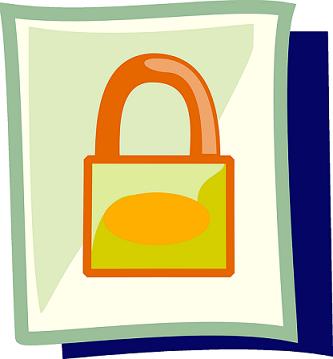Who’s Been Snooping at Your Email?
There’s been loads in the news recently about countries snooping on each other, it appears we’re all at it. The UK Intelligence services at GCHQ hoovering up all the internet data that crosses the UK, Russians, Chinese and Israeli Intelligence all investing heavily in internet surveillance and the NSA in the US well spying on everyone including their own via Prism.
Many of us now feel that we have to use technology to protect ourselves, a simple VPN can go a long way to blocking those who are spying on us. They have other uses, for example to access region locked sites – watch this video – BBC News Streaming , for an example.
So it’s obviously quite understandable to start thinking about how much of our communications is so easily monitored. Our web traffic at least the majority of it, is I’m afraid very easily accessible by just about anyone in any position of power. At every ISP a detailed list of the majority of your communication traffic is easily picked up. The web’s favorite protocol – HTTP is unfortunately rather lacking in security features and as such web traffic is mostly transmitted in the clear.
So what about email? It’s still one of the most used messaging systems in the world, but how secure is email – read this report? There are two main issues regarding the security of your average email –
1) It’s transported in clear text so everyone can read it.
2) The email is transmitted across the shared infrastructure of the internet.
It means that email is not private at all. Not only is is transmitted in a completely readable format with no encryption at all but this ’open letter’ is delivered by using a network of shared routers, servers and cabling. Anyone at any point can tap into this data a little like GCHQ have tapped into the major fiber connections in the UK.
There are solutions that can make Outlook or Thunderbird a little more secure – one of the major improvements is to encrypt your messages. This means that if done properly only the sender and the recipient would be able to decipher the contents. Look for applications like Hushmail and programs like PGP to offer different solutions to this issue
James Williams

Submit A Comment